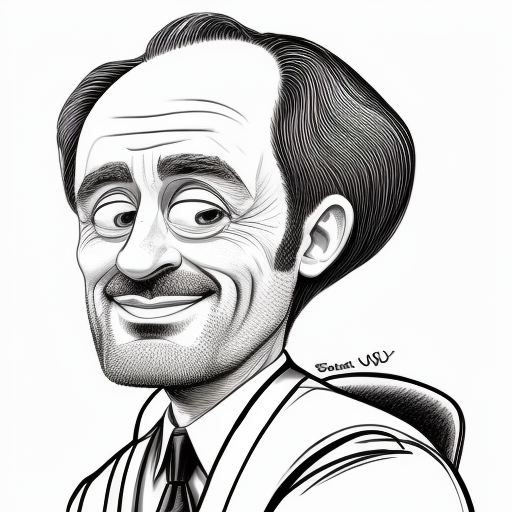The adage, “When a clown moves into a palace, he doesn’t become a sultan. The palace becomes a circus,” highlights a profound truth about the influence of character and environment. This saying emphasizes that changing one’s surroundings does not necessarily change one’s inherent nature. Instead, the individual often imparts their characteristics onto their new environment. Let’s delve deeper into this concept, exploring the implications in various contexts.
The Nature of Identity and Environment
Inherent Qualities
The core message of the saying is that a person’s fundamental traits and behaviours are not easily altered by a change in environment. A clown, known for humour and entertainment, carries those traits with him regardless of his surroundings. Similarly, a palace, symbolizing grandeur and authority, does not automatically confer these qualities onto its new inhabitant if he is inherently a clown.
Environmental Influence
Conversely, the environment can be significantly altered by the individuals within it. When a clown moves into a palace, his presence and actions can transform the atmosphere from one of solemnity and order to one of chaos and amusement, akin to a circus. This highlights the dynamic interplay between an individual’s character and their surroundings.
Practical Applications
Leadership and Organizations
In the context of leadership, this adage serves as a cautionary note. A leader lacking the requisite skills and demeanour can undermine the integrity and efficiency of an organization. For instance, if an unqualified individual assumes a critical leadership role, the organization may suffer, with the environment becoming disordered and unproductive, much like a circus.
Personal Growth and Change
On a personal level, this saying underscores the importance of self-awareness and genuine transformation. While changing one’s environment can provide new opportunities and stimuli, true personal growth comes from within. For a substantial change, individuals must work on their core qualities and behaviours, not just their external circumstances.
Cultural and Social Settings
In social and cultural contexts, the adage can be applied to understand how individuals impact their communities. A person’s actions and attitudes can influence the cultural tone of a group or society. A disruptive individual can bring discord, just as a positive and constructive individual can foster harmony and progress.
Historical Figures
History is replete with examples where individuals have transformed their environments. Consider leaders like Winston Churchill, whose resolute character during World War II galvanized Britain. Conversely, figures who were ill-suited to their roles often left a legacy of disarray and failure.
Modern-Day Scenarios
In today’s world, corporate environments often reflect the nature of their leadership. Companies led by innovative and ethical leaders tend to flourish, fostering a culture of creativity and integrity. On the other hand, those led by leaders with questionable ethics often struggle with internal turmoil and instability.
Conclusion
The adage, “When a clown moves into a palace, he doesn’t become a sultan. The palace becomes a circus,” serves as a poignant reminder of the enduring nature of individual character and the profound impact it can have on the environment. Whether in leadership, personal growth, or societal roles, it is crucial to recognize that true change and influence come from within. Only through self-improvement and self-awareness can one hope to change not only their surroundings but also themselves.

